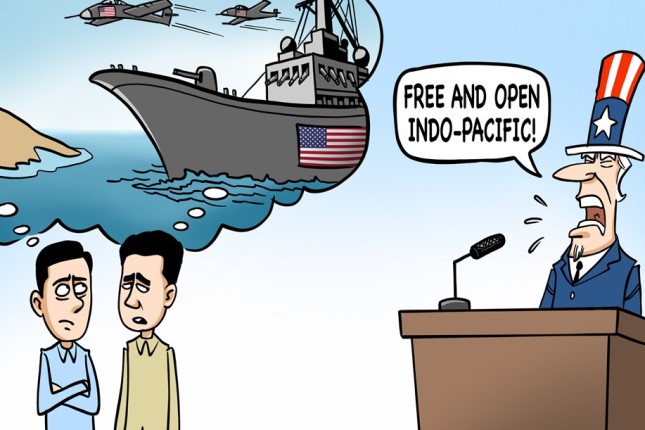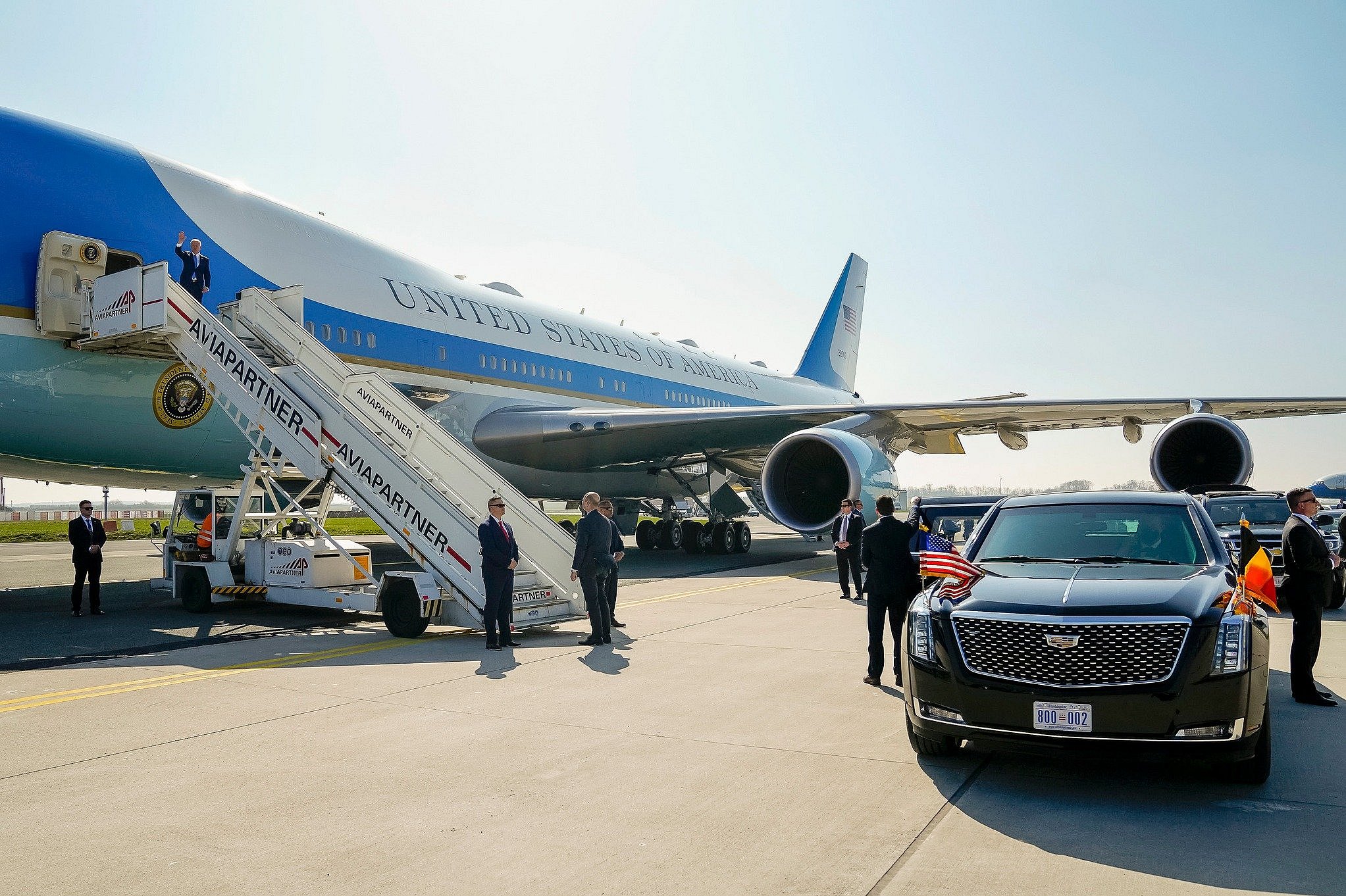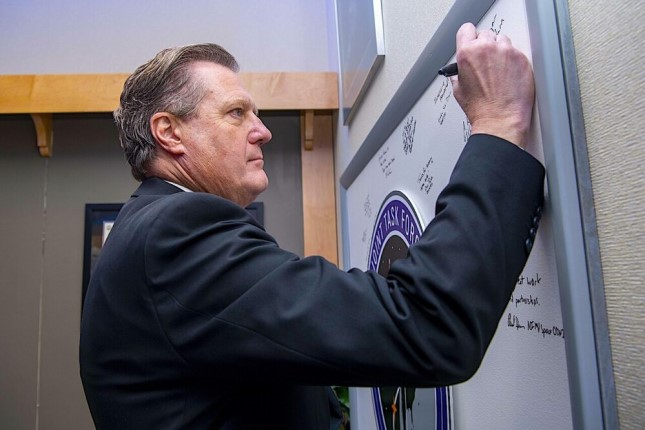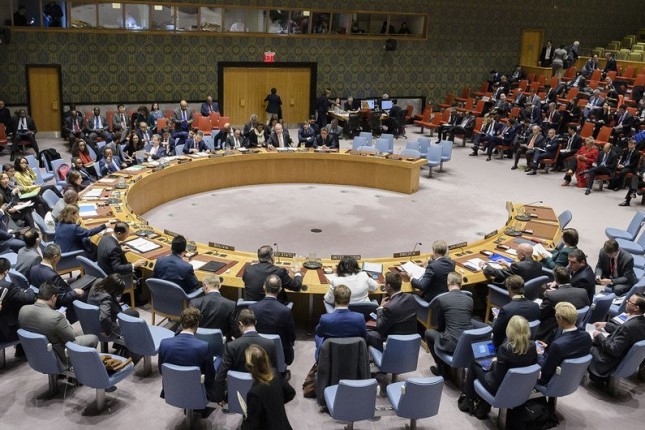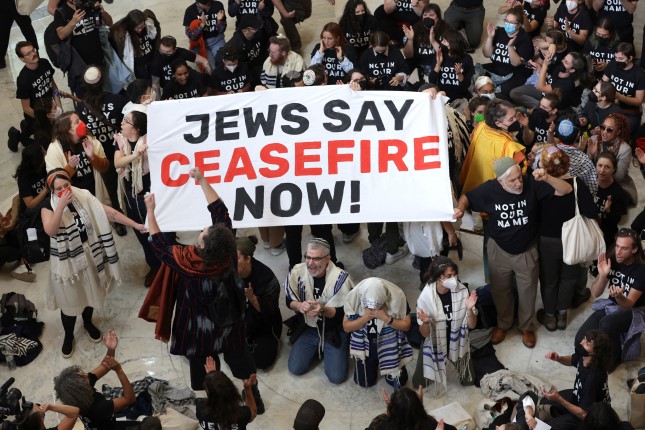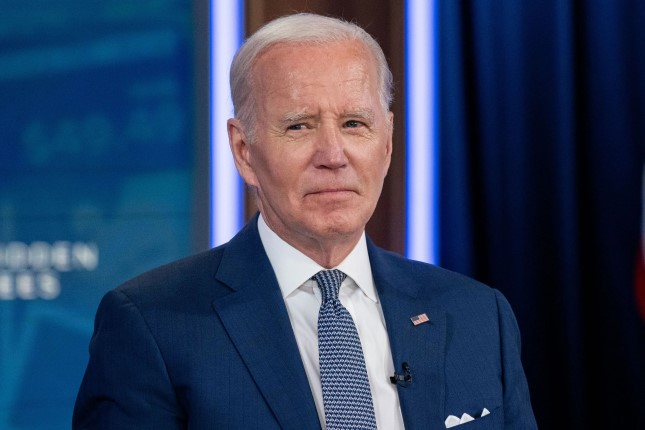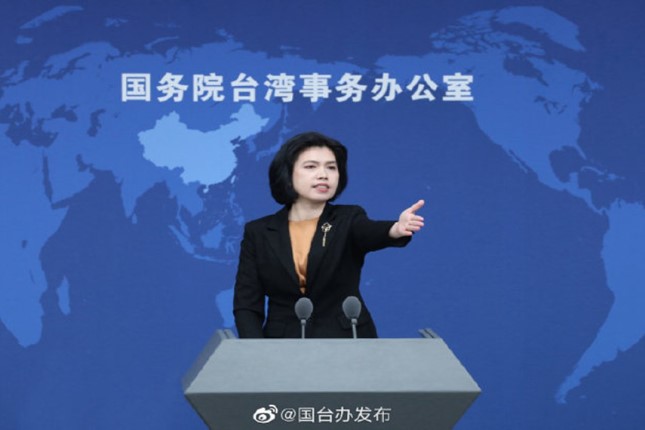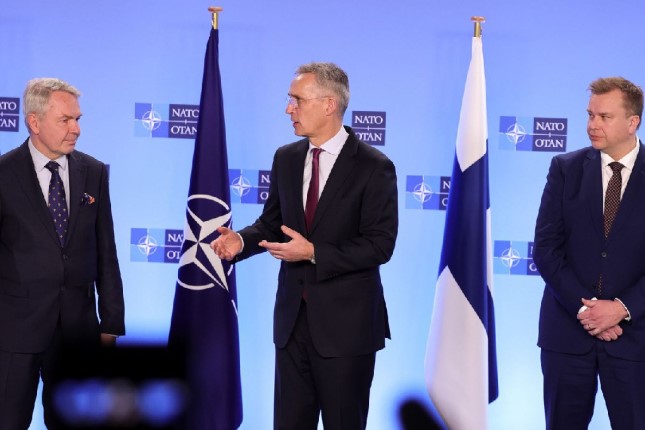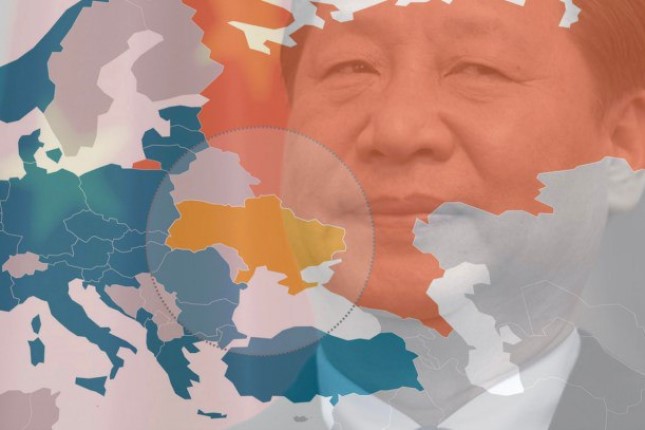Washington is set to open a new embassy in Tonga this month, said a senior US diplomat on Tuesday, according to Reuters. It's also reported the US will continue to engage with Vanuatu and Kiribati about opening proposed new embassies in those countries.
Not only that, US President Joe Biden will make a historic visit to Papua New Guinea (PNG) on May 22, becoming the first sitting US president to visit the country in at least a century. Every step of US' promotion in ties with South Pacific countries seems to be saying ''America is back.'' But what's really back is US' utilitarianism, as well as the weaponization of regional countries.
Since February when the US reopened its embassy in the Solomon Islands after a 30-year absence, a lengthening list of US' plans on opening embassies in the region is frequently reported. It would be a good thing if the US is to sincerely help Pacific island countries in promoting their development. However, US officials and media outlets are being quite explicit, noting it is all about China.
Take the new embassy in Tonga, Assistant Secretary for East Asian and Pacific Affairs Daniel J. Kritenbrink said this is part of efforts to step up its diplomatic presence in the Pacific region to counter China, according to Reuters. Then, how will South Pacific countries feel about US blatantly treating them as pawns?
The US is struggling with a strong sense of strategic and tactic anxiety, as China's mutually beneficial cooperation with the South Pacific region has gained wide recognition and warm welcome from the island countries. Washington is thus eager to regain its influence in the region with a series of high-profile, hustle and bustle diplomatic offensive, including establishing new embassies or carrying out blitz tours there. The trend will continue, not because the US wants to help the region in any aspect, but because the US needs the region to contain China in its Indo-Pacific Strategy, Chen Hong, executive director of the Asia Pacific Studies Center at East China Normal University, told the Global Times.
In the eyes of the US, the South Pacific is merely a tool. It has been proved time and again in history. As a testing ground for US nuclear weapons, Washington's attitude toward the region has always been "coming and going as it pleases."
In 1988, the US officially opened an embassy in the Solomon Islands due to the growing influence of the Soviet Union in the region. In 1993, shortly after the disintegration of the US' Cold War rival, the embassy was closed. For the following 30 years, the South Pacific region has been cast a cold eye in US geopolitical spectrum. Until China becomes the largest trading partner and one of the leading investment partners for quite some regional countries, especially after China and the Solomon Islands officially signed the inter-governmental framework agreement on security cooperation, the US panicked, and South Pacific once again entered US' vision.
Establishing embassies may be just the first step, and boosting military deployment in the South Pacific could be the next. In ties with the three members of the Freely Associated States (FAS) in the North Pacific - the Marshall Islands, Micronesia and Palau - the US enjoys the right to construct military facilities and operate military bases on their soil. Among them, Ronald Reagan Ballistic Missile Defense Test Site, a world-class range and test facility for technologies involved in long-range missile testing, missile defense, and space domain awareness, is located in the Marshall Islands. This is apparently not enough for the US. It has been keeping hyping up so-called "China threat" and "China expansion" theories, paving the way for militarizing South Pacific.
This is entirely an act of hegemonism. The US can have military bases all over the world, including in the South Pacific, but its rivals better be totally bare-handed, Yu Lei, chief research fellow at the Research Center for Pacific Island Countries of Liaocheng University, told the Global Times.
The US is turning Australia into an American military base with kangaroos. Obviously, the South Pacific is the next on the list. Cooperation with the US is never about development, but about US exploiting the South Pacific countries, making them unsinkable aircraft carriers to counter China. In other words, the US is casting clouds of war over the South Pacific, Chen said.
Be it Tonga or PNG, the countries need to address the climate crisis and achieve economic growth. Geopolitics is meaningless for them. Yet the US will hardly help them with the issues they care about. Most of the US' aid is carried out in political and ideological fields, including training the civil servants, police and those working in the judiciary system with Western values, Yu said.
In June 2022, a journalist from the Solomon Islands, published an article in The New York Times, saying little remaining legacy of US' help can be seen in South Pacific countries, adding that meanwhile, Chinese-run businesses — construction, hardware, fishing, transport and other sectors — have quickly become part of the local economy.
The cooperation between China and Pacific island countries is actually focused on economic and trade with mutual benefits, rather than US-imagined expansion or military threat. If the US continues to pursue military confrontation when interacting with the South Pacific, it won't take long - maybe in five or 10 years - people will find that the cooperative relationship between the Pacific island countries and China will be even closer than before, Yu added.
After all, what Pacific island countries would anticipate from the US is further exploitation of their strategic resources, without any genuine respect. The rhetoric that the US is going to be back to the South Pacific would be interpreted as an ominous signal for the island nations to be instrumentalized or even weaponized, Chen said.
Source: The Global Times.
